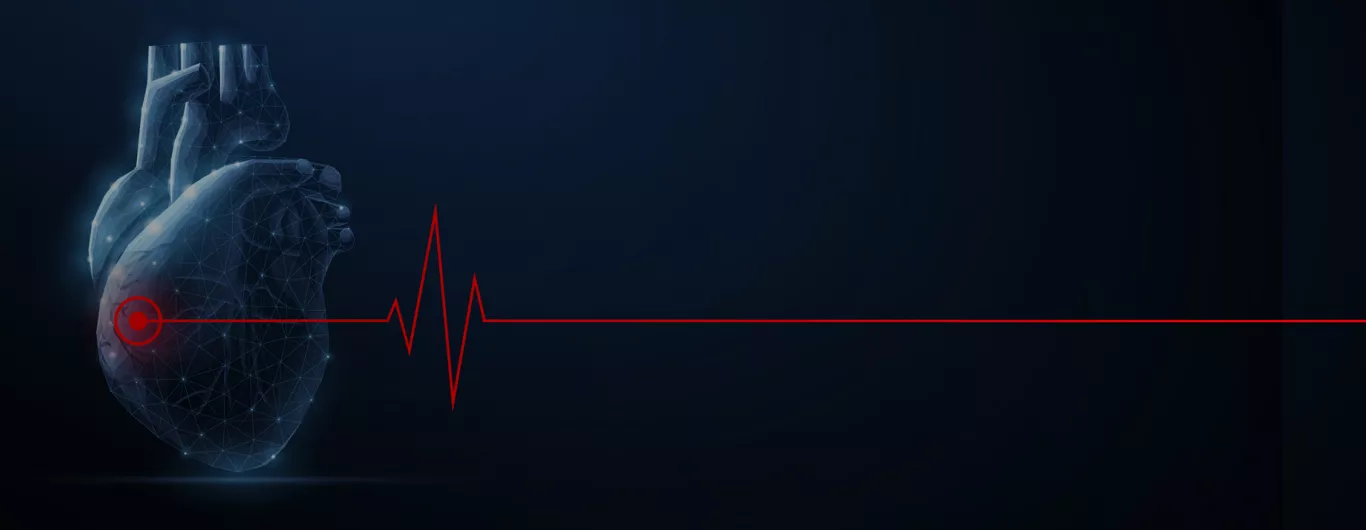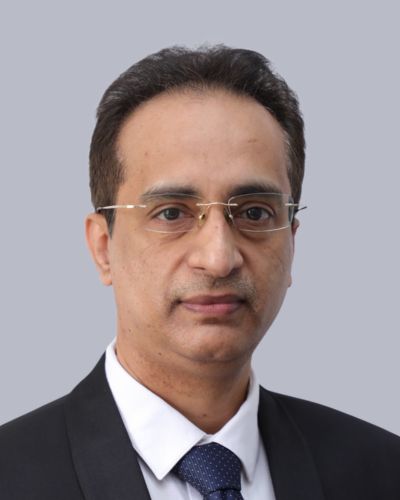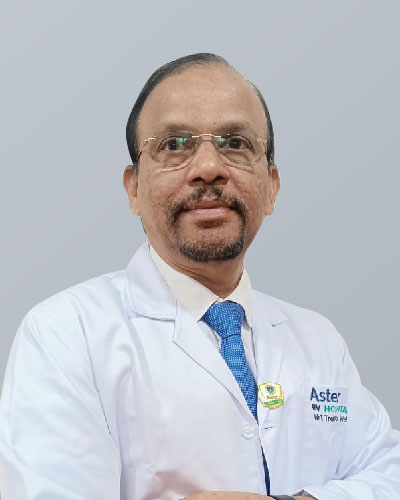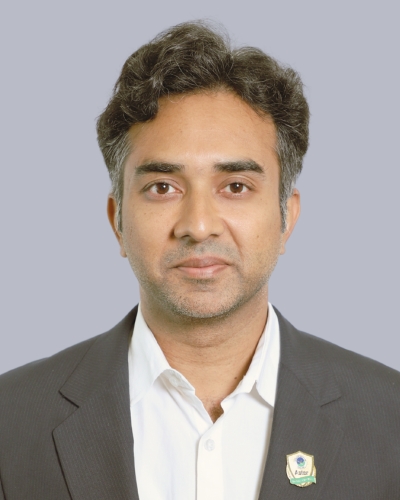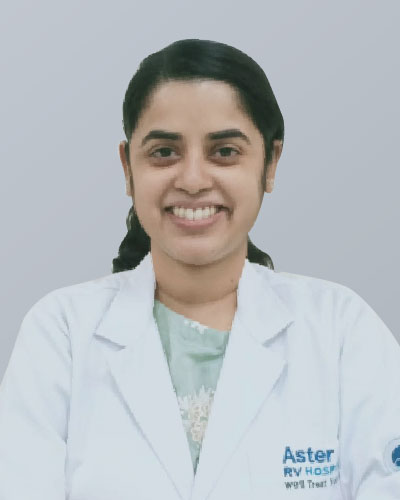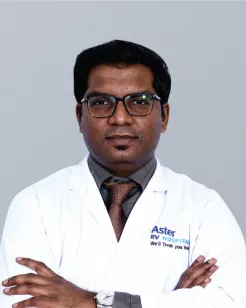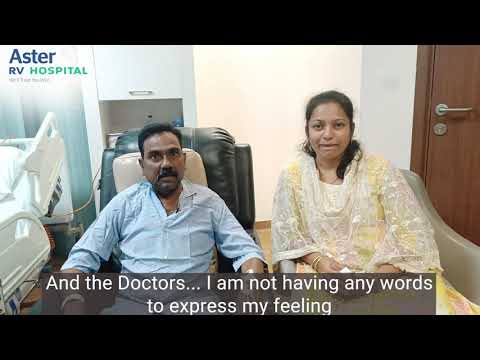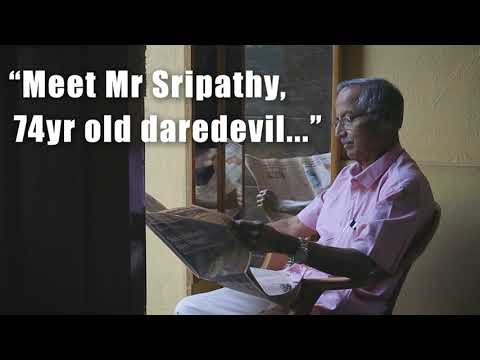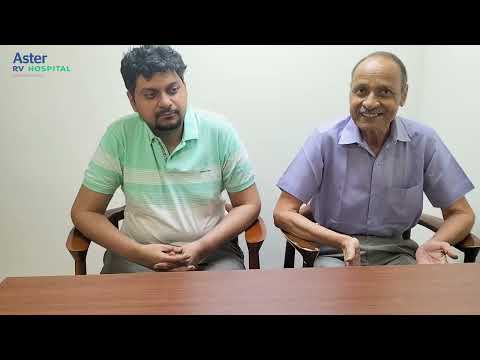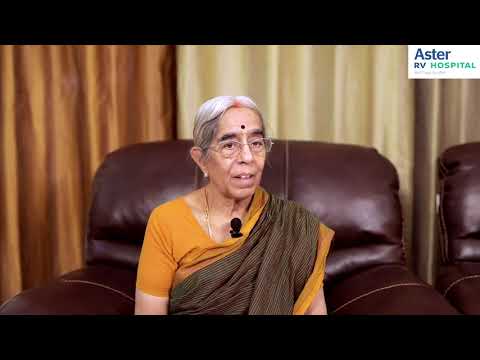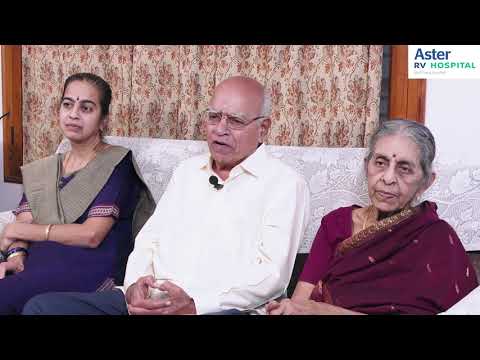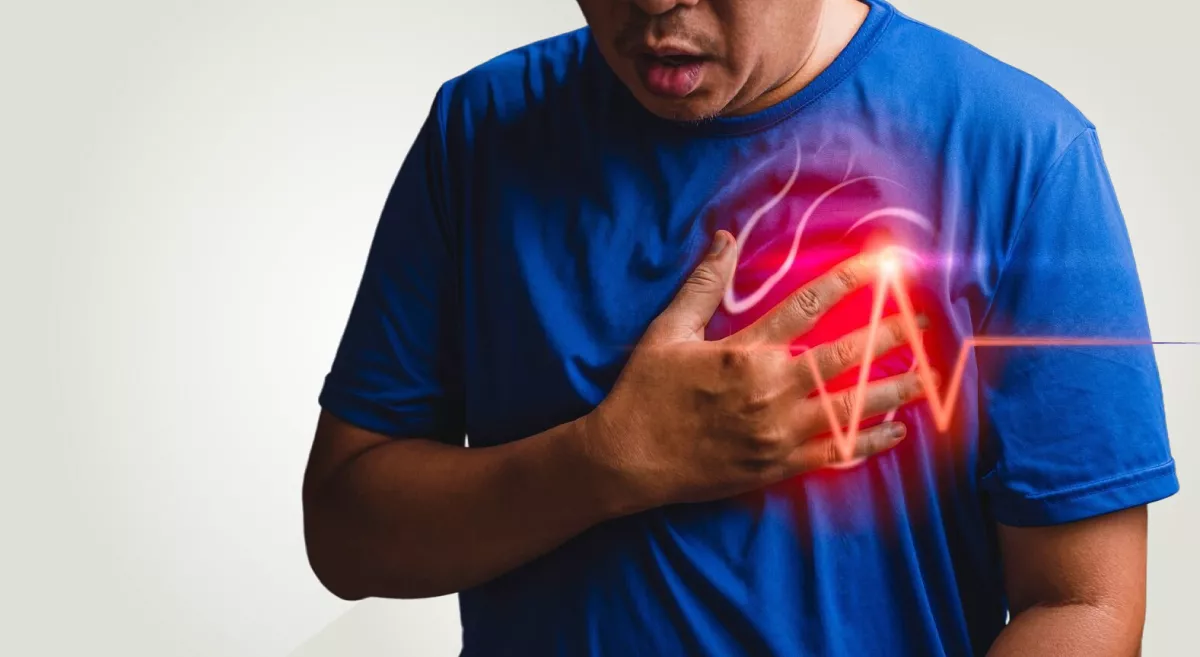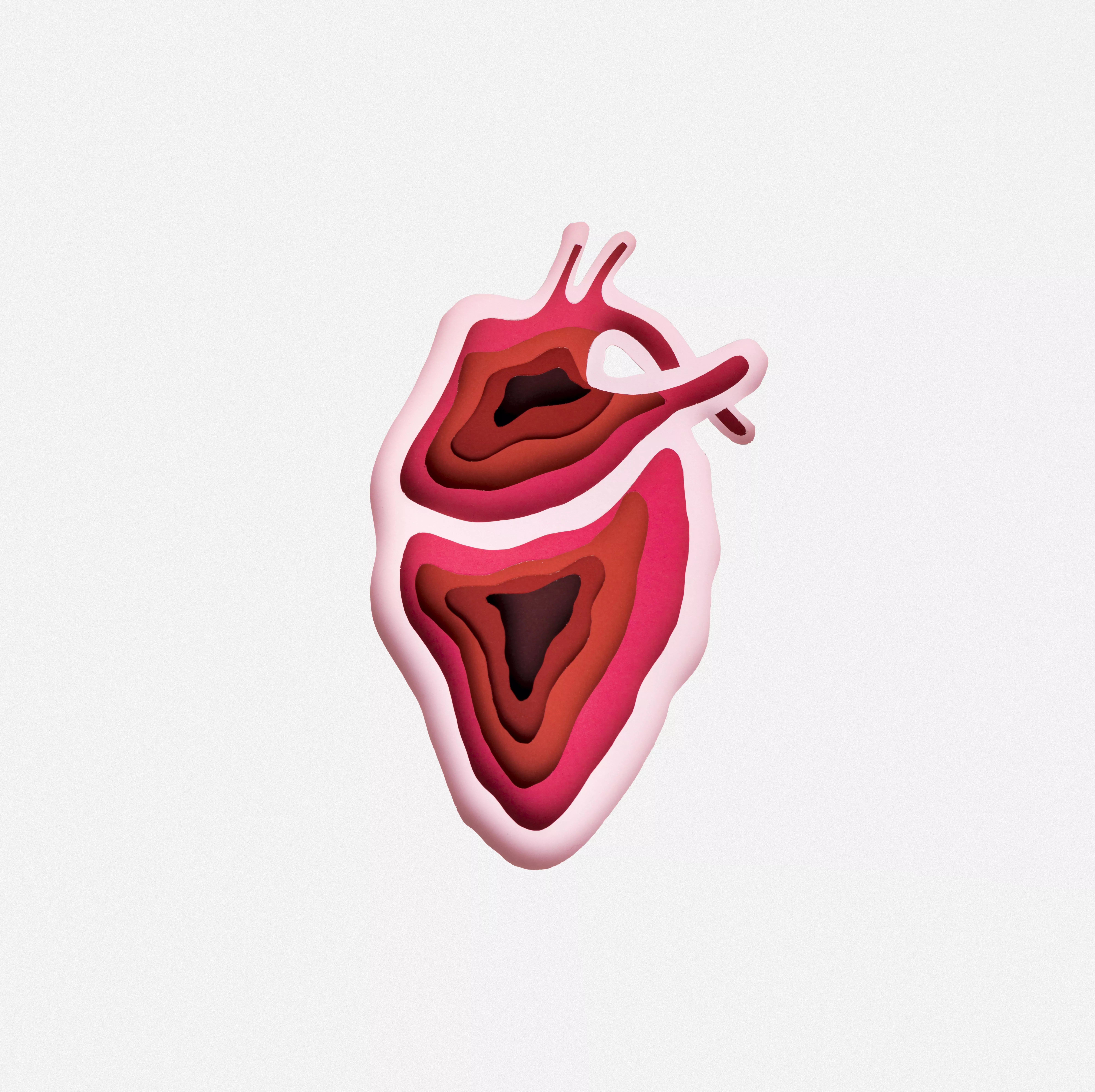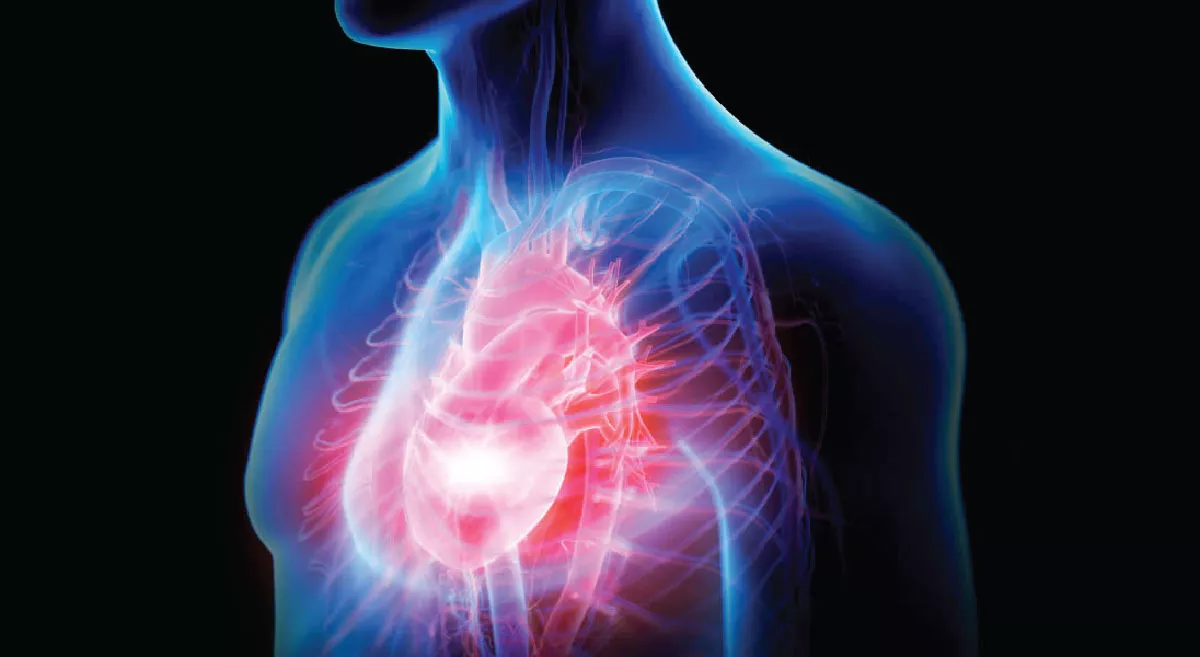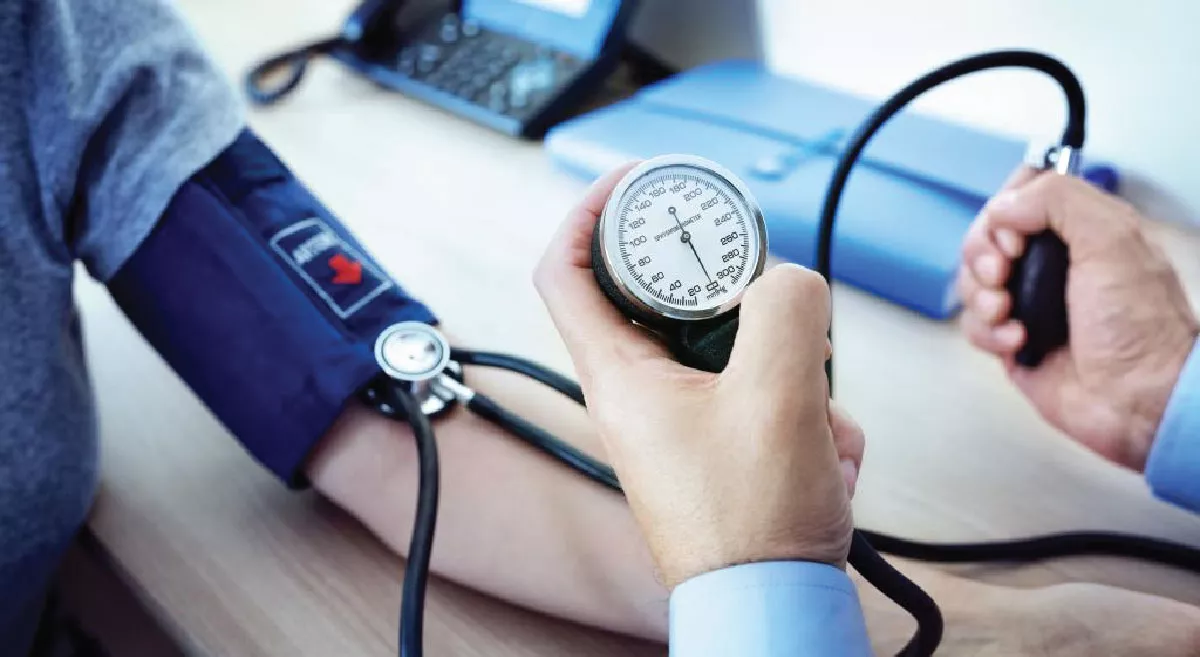Department of Cardiology
At Aster RV Hospital JP Nagar, we offer the best in class comprehensive cardiac care which includes preventive, noninvasive, interventional, and cardiac surgical care. Our dedicated team of highly skilled and experienced cardiologists in Bangalore combines their expertise with the latest technologies to offer you the best clinical outcomes.
At Aster RV, one of the leading heart hospital JP Nagar, we treat the person as a whole and not just the disease. Our heart specialists diagnose and treat heart disorders, such as chest pain (angina), high blood pressure, coronary artery disease, heart valve problems, cardiomyopathies, arrhythmias, heart failure, and high cholesterol. They are well experienced in performing Coronary angiogram and angioplasties, pacemaker, and various device implantations including Implantable Cardioverter Defibrillator (ICD), Cardiac Resynchronisation Therapy (CRT) and Device Closures (For ASD/ VSD/PDA).
The department is backed by the world’s most advanced hybrid cath lab (biplane and monoplane) with the latest facilities like IVUS, OCT, iFR, FFR, and Rota ablation. This is further complemented by a highly advanced 3D Echocardiography lab.
We are one of the few hospitals in Bangalore having a dedicated Heart Failure Clinic to diagnose and manage patients with heart failure. Highly advanced aortic interventional, surgical and hybrid procedures including Transcatheter Aortic Valve Intervention (TAVI/ TAVR) are performed here.
Aster RV is the Best cardiac hospital in Bangalore, performing a wide range of preventive care services, heart care screening, advanced diagnostic tests, and cardiac rehabilitation programs for post coronary angioplasty and bypass patients. Specialized packages for screening for sports like a marathon, running, trekking, bungee jumping, cycling, high altitude activities are available.
Our Doctors
We have some of the best specialists from around the world, they bring years of experience and offer evidence-based treatment to ensure the best care for you.
FAQs
Want to find out more about the treatment? The answer to your questions can be found below.
What does a Cardiologist do?
A cardiologist examines and evaluates the patient’s cardiovascular system and provides necessary treatment plans according to the patient’s current medical health. They help patients prevent cardiovascular problems, like heart attacks, heart failure, or any kind of heart problem since birth.
What question should you ask a Cardiologist?
Before opting for the cardiologist treatment and surgery, patients must know the side effects of the treatment, precautions required, expected duration of disease curation, specialisation of cardiologists, and their experience. Consult thoroughly to have a better understanding of the best medical treatments.
What are the most common types of conditions that Cardiologists treat?
Expert cardiologists in Whitefield at Aster treat coronary artery disease, heart failure, hypertension, valvular heart disease, congenital heart defects, peripheral artery disease, heart attack, cardiomyopathy, and endocarditis. Consult with cardiologists and experts to know your treatment plan.
When should I consider seeing a Cardiologist?
When you experience symptoms like severe chest pain, dizziness, fainting, palpitations, shortness of breath, swelling in legs, high blood pressure, and diabetic symptoms, they damage blood vessels and heart nerves. Provide complete information to medical staff for effective treatment.
How should I prepare for my first visit to Cardiologist?
Patients must carry their medical history documents, results of recently conducted diagnostic reports, and family heart disease reports and provide complete details if they have high blood pressure, diabetes, or chronic kidney disease. This information helps cardiologists examine patients' health and provide the best treatment plan for them.
How does a Cardiologist decide on a treatment plan?
Cardiologists and medical staff consult with patients regarding available treatment plans and monitor the patient’s and their family's medical history to take a look at any existing genetic conditions that might be affecting their present condition. The cardiologists also assess the possibility of any side effects that may occur as a result of treatment. With the patient’s approval, a treatment plan is put into action.
Will a Cardiologist help manage side effects during treatment?
Yes, trained and specialised cardiologists at Aster thoroughly examine patients’ health progress and diagnostic tests during regular check-ups. This enables them to determine if any side effects have developed as a result of the treatment. They also prevent patients from side effects with the best treatments and care.
What documents should I carry on my first visit to a medical oncologist?
Cardiologists require the patient’s healthcare reports, heart disease reports, diagnostic test results, family heart disease history, and relevant information that influences the treatment plan decisions of expert cardiologists and staff. Detailed patient medical history assists cardiologists in accurately assessing patients' cardiovascular conditions.
How do cardiologists decide if surgery is necessary?
At Aster, expert cardiologists in Bangalore, cardiologists, and medical staff thoroughly study and examine the patient’s medical history and conduct diagnostic tests, stress tests, and cardiac catheterisations. Further, based on the patient’s preferences and medical staff considerations, a treatment decision is formed.
Patient Stories
Our patients are our best advocates, hear the inspiring stories of their treatment journey
Blogs
The source of trustworthy health and medical information. Through this section, we provide research-based health information, and all that is happening in Aster Hospital.
